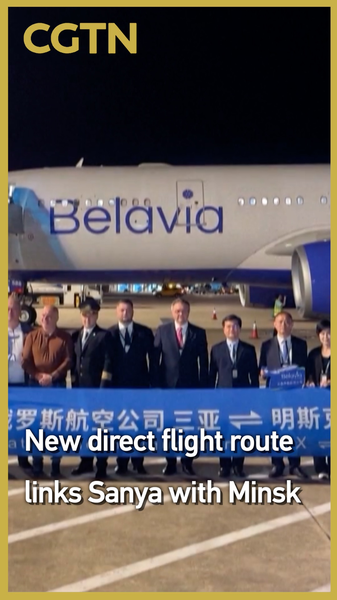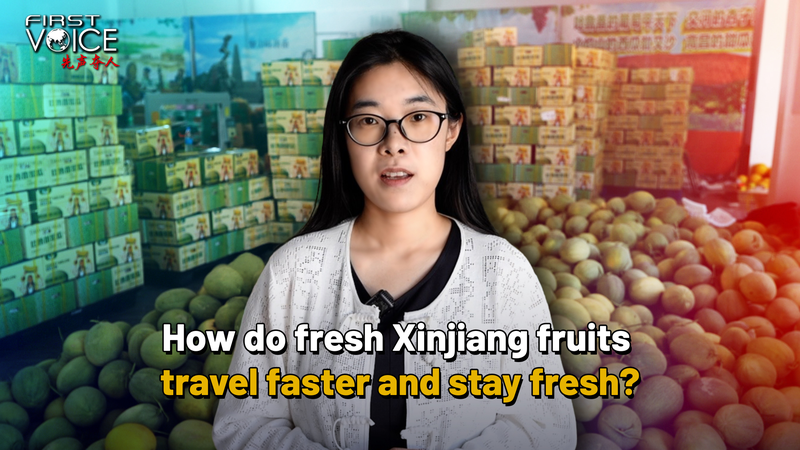When Hamed Hassannejad and Nastaran Rajabzadeh Samani left Tehran for southwest China's Kunming, they knew their journey to the China-South Asia Expo would test their resolve. What they didn't anticipate was a six-day marathon across conflict zones and international borders – arriving three days late but determined to connect with Asia's booming markets.
The Iranian entrepreneurs described to CGTN how their route through unstable regions required multiple vehicle changes and tense border crossings. 'We carried samples of saffron and dried fruits in our backpacks the whole way,' said Samani, their story underscoring the risks small businesses take to access China's $18 trillion consumer market.
Despite missing half the expo – a key platform connecting Chinese provinces with South Asian economies – the couple remains optimistic. Hassannejad noted: 'Even one contact here could change our business. China's demand for premium Iranian agricultural products keeps growing.'
Their persistence mirrors broader trends as Asian SMEs increasingly bridge regional markets. The Kunming expo has facilitated $88 billion in deals since 2013, with this year's edition focusing on green tech and cross-border e-commerce partnerships.
For academic observers, such stories reveal how grassroots trade networks evolve despite geopolitical challenges. As the couple finalizes meetings with Yunnan tea exporters, their journey stands as a testament to Asia's interconnected economic ambitions.
Reference(s):
cgtn.com








